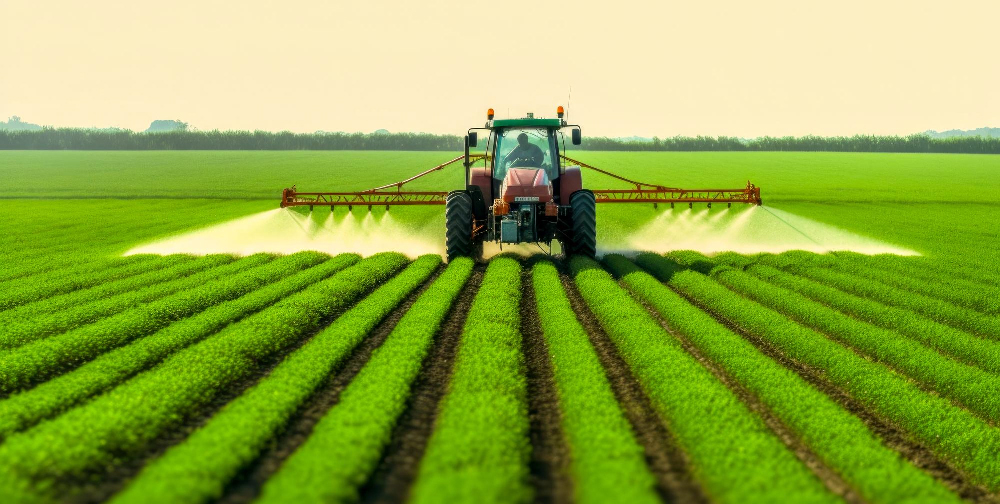Ph.D. in Agrochemicals: Introduction, Admission, Registration, Eligibility, Duration, Fees, Syllabus 2024

Introduction:
Delve into the realm of agricultural chemistry and make a significant impact on global food production with a Ph.D. in Agrochemicals. This advanced degree program focuses on the research, development, and application of chemical solutions to enhance agricultural productivity while promoting environmental sustainability. Through rigorous coursework and hands-on research experiences, students gain expertise in areas such as pesticide formulation, soil chemistry, crop protection, and sustainable agricultural practices. Our program fosters interdisciplinary collaboration, encouraging students to explore the intersection of chemistry, biology, and agronomy to address complex agricultural challenges. Graduates emerge as leaders in the field, equipped with the knowledge and skills to develop innovative agrochemical solutions that meet the demands of modern agriculture.
Admission Process:
- Submit an online application form.
- Provide transcripts of previous academic records.
- Submit letters of recommendation from academic or professional referees.
- Write a statement of purpose outlining research interests and career goals.
- Attend an interview with faculty members.
- Fulfill any additional requirements specific to the program or institution.
Eligibility:
- Master's degree in chemistry, agricultural chemistry, agronomy, or related field.
- Strong academic record with a minimum GPA requirement.
- Relevant research experience preferred.
- Proficiency in English language (for international applicants).
Completion Time:
Completing a Ph.D. in Agrochemicals typically takes between 3 to 5 years, depending on factors such as research progress, publication requirements, and dissertation completion. This duration includes coursework, comprehensive exams, dissertation research, and defense. Students may also engage in teaching or research assistantships, which can impact the timeline of their degree completion. Additionally, the complexity and scope of the research project undertaken by the student play a significant role in determining the overall duration of the program.
Career Opportunities:
- Research scientist in agrochemical companies.
- Agricultural consultant.
- Regulatory affairs specialist.
- Academic researcher or professor.
- Government scientist in agriculture or environmental agencies.
Syllabus:
- Advanced organic chemistry
- Agricultural biotechnology
- Soil and environmental chemistry
- Pest management strategies
- Crop protection techniques
- Advanced analytical methods in agrochemistry
Internship Opportunities:
- Collaborative research projects with industry partners.
- Internships at agrochemical companies or research institutions.
- Fieldwork opportunities with agricultural organizations.
Scholarship and Grants:
- Merit-based scholarships.
- Research grants from government agencies or private foundations.
- Teaching or research assistantships offered by the institution.
FAQs:
What career paths can I pursue with a Ph.D. in Agrochemicals?
Career options include research scientist, agricultural consultant, academic researcher, and government scientist.
Are there opportunities for financial assistance?
Yes, scholarships, grants, and assistantships are available based on merit and research interests.
How long does it take to complete the program?
Typically, it takes 3 to 5 years to complete a Ph.D. in Agrochemicals, depending on research progress and dissertation requirements.
